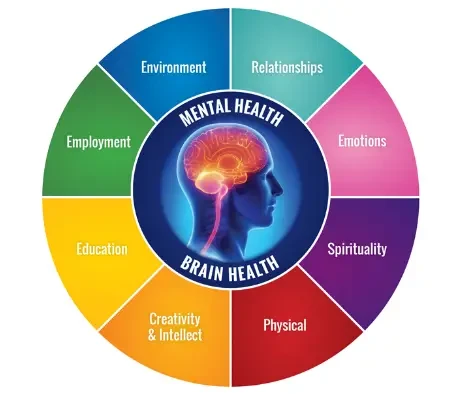Memory and brain health are essential aspects of our overall well-being. Our memory allows us to retain and recall information, while our brain health determines the efficiency and effectiveness with which our brain functions. In this article, we will explore the significance of memory and brain health, as well as discuss ways to improve and maintain them.
The Importance of Memory
Memory is the fundamental process that enables us to acquire knowledge, learn from experiences, and navigate our daily lives. It allows us to remember faces, names, events, and essential skills, thus shaping our identities and relationships. Without memory, we would constantly struggle with basic tasks and fail to form long-lasting connections.
Factors Affecting Memory and Brain Health
Several factors can impact memory and brain health, including:
Age: As we age, our memory and brain health naturally decline. It becomes more challenging to retain and retrieve information quickly.
Genetics: Some individuals are genetically predisposed to certain memory disorders, such as Alzheimer’s disease.
Lifestyle: Unhealthy habits, like lack of exercise, poor nutrition, smoking, excessive alcohol and drug use, can adversely affect our memory and brain health.
Sleep: Inadequate sleep can impair memory consolidation, making it difficult to retain information learned during the day.
Mental and Social Stimulation: A lack of mental and social engagement can contribute to cognitive decline and memory problems.
Ways to Improve Memory and Brain Health
Luckily, there are various strategies we can adopt to improve and maintain our memory and brain health:
1. Exercise Regularly
Engaging in regular physical exercise promotes blood flow to the brain and stimulates new neural connections, enhancing memory and cognitive function.
2. Eat a Brain-Healthy Diet
Avoiding processed foods and consuming a diet rich in fruits, vegetables, whole grains, lean proteins, and omega-3 fatty acids can support brain health and memory.
3. Get Sufficient Sleep
Establishing a consistent sleep routine, ensuring 7-8 hours of quality sleep each night, aids memory consolidation and overall brain health.
4. Engage in Mental Stimulation
Challenging the brain with puzzles, reading, learning new skills, and engaging in stimulating conversations can help maintain memory and cognitive abilities.
5. Maintain Social Connections
Maintaining an active social life and fostering meaningful relationships can help reduce the risk of cognitive decline and memory-related disorders.
6. Manage Stress
Chronic stress can negatively impact memory and brain health. Adopting stress management techniques, such as meditation or yoga, is crucial for maintaining cognitive well-being.
Conclusion
Memory and brain health are integral to our daily functioning and overall quality of life. By understanding the factors that affect memory and implementing lifestyle changes to improve brain health, we can enhance cognitive abilities and prevent memory-related disorders. Prioritizing regular exercise, a nutritious diet, quality sleep, mental stimulation, social connections, and stress management techniques are essential steps towards maintaining optimal memory and brain health.











